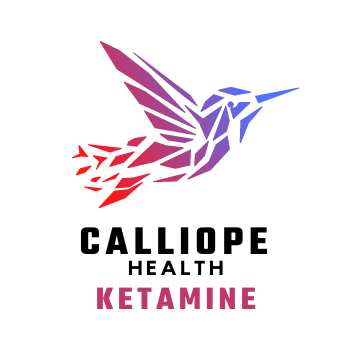Ways You Can Avoid Relapse Triggers
When we stop doing something, the thoughts and feelings of what used to happen usually get worse. When quitting an addiction such as drugs or alcohol, it’s important to avoid any triggers that remind us of the past so we don’t slip back into old habits. We can’t avoid everything in our lives, but there are some things we can do to help us stay on track and not relapse.
We’ll discuss two common types of relapse triggers: physical cues and emotional cues. These will be followed by a list of tips for avoiding these triggers during recovery from substance use disorder including both general tips and specific examples related to each type of trigger.
List of Common Relapse Triggers
- Being around people who are drinking or using drugs
- Being around places where people use or drink, e.g. bars or clubs.
- Smells that remind us of alcohol or drugs, e.g. hand sanitizer, chemical detergent (which can smell like cocaine), etc…
- Feeling alone and isolated – boredom/lack of structure in life
- Family problems, including relationship with spouse, family members, parents.
- Stress at work or school and other important relationships
- Trouble sleeping; may increase using alcohol or drugs as a way to sleep. Also may stress us out which makes it hard to sleep without the use of substances.
- Untreated mental health issues like depression, anxiety, etc…
Ways You Can Avoid Relapse Triggers
Involve family members at every level of the recovery process
In order to avoid relapse, it’s important to have support from your loved ones throughout all stages of the recovery process. If they’re involved, they can understand what you’re going through and provide a lifeline when needed, while also helping you stay on track during tough times.
According to the National Institute on Drug Abuse (NIDA), around 70 percent of people relapse when they try to quit by themselves, but this number is significantly lower with recovery support – only 10-20 percent of those who have others involved in their recovery tend to relapse.
Having a routine
People are more likely to stay on track with their recovery when they have a routine. If you have a specific time of day that you use or drink, then try to follow this schedule as much as possible after you stop using.
For example, if you used to wake up and drink before work every day, then try waking up at a similar time even if you don’t need to be at work. If you drank right after work, then try going for a walk or doing something different instead.
If possible, avoid spending time with people who use substances as it can lead to relapse
It’s pretty common for those trying to stop substance abuse believe that they’re not vulnerable to relapse if they’re only around family and friends that don’t use. However, close friends or those who are important in our life can lead us back into the habits we’ve been trying to avoid because of their influence.
Even if you feel like you can handle it, try to take a break from people who still use as much as you can. If you can’t avoid them for some reason, at least try to avoid social situations where substance use may increase such as bars.
Treat mental health problems if they exist
If you have a mental illness and don’t receive treatment for it, your relapse rate is much higher than if you do manage to treat the disorder first. Instead of using substances to cope with problems, get a therapist and a psychiatrist if needed to treat any mental health conditions that may exist.
Avoid drug-related cues
Cues can be anything from triggers like smells or people, places or times of day when you used addictive substances. If you tried to quit by yourself in the past and failed, take note of what may have led you back to using so that you can avoid these cues in the future.
Plan Ahead
Take notice of common relapse triggers and do your best to plan ahead, especially if it’s a place or time when you used substances before. For example, if it’s the holidays, then try to find things to keep busy – don’t just spend time at home alone where there won’t be any distractions.
Reach out for additional help if needed
Relapse triggers are something you should be aware of and avoid. If possible, try to stay away from people who use substances as it can lead to relapse. You may also want to check out some additional resources for help if needed- there’s no shame in reaching out for assistance!
We can help you to take back control of your life. For help in dealing with an addiction for you or a loved one, reach out to our addiction counselors today.

